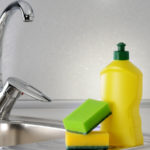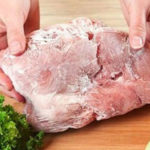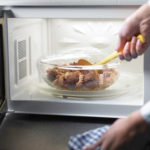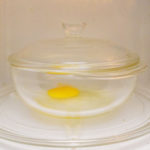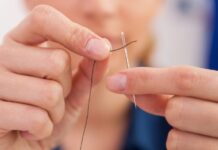Despite being quite convenient as it takes on many cooking tasks in place of a conventional stove, many people still do not understand the basic principles of using a microwave oven safely.
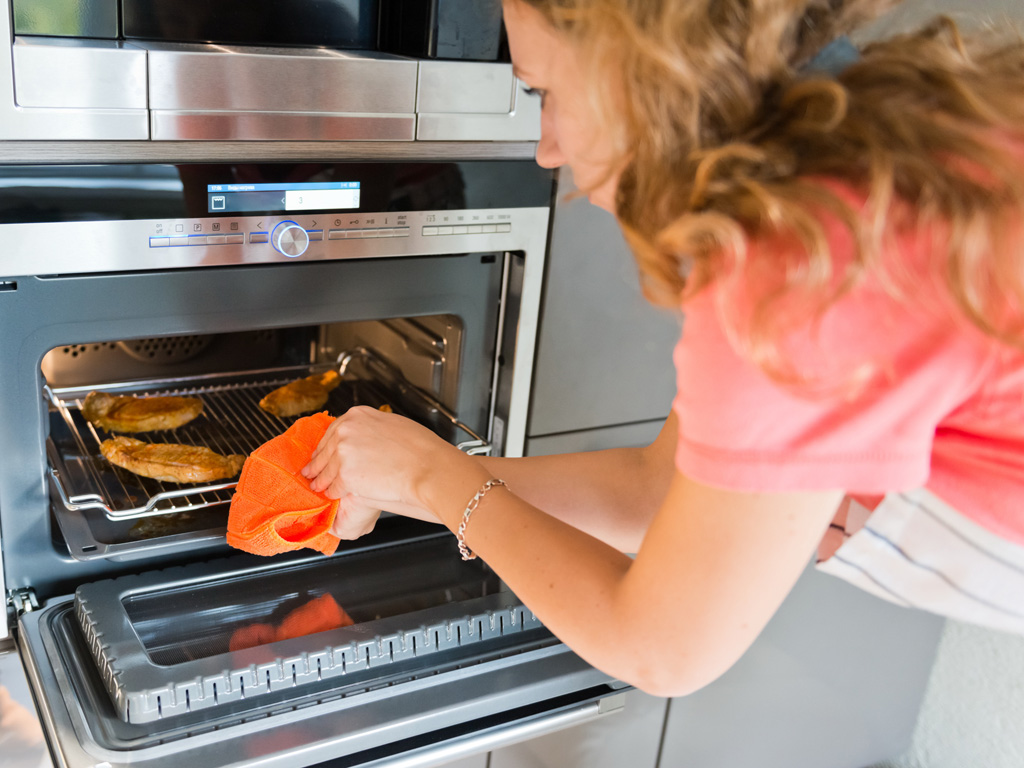 Photo: Shutterstock Photo: Shutterstock |
Pay attention to cooking time
The first thing you need to do is read the cooking time instructions for each type of food. Then, pay attention to some types of food that need to be covered when cooking, and foods that need to be removed from their packaging before cooking… Failure to read the instructions carefully can result in spoiled or unsatisfactory food.
Keep an eye on the food being cooked
Cooking time in a microwave is very quick, so cooks often become careless and don’t pay attention. Hence, many cases of spills or over-inflated food during operation.
Do not wrap food in aluminum foil when using a microwave
When you need to wrap food tightly, avoid using aluminum foil as this type of paper can generate electric sparks that can damage the microwave. It is best to use food wrapping film or other safe materials that can be used in the microwave to wrap the food to be cooked.
Pierce eggs when cooking in the microwave
For eggs cooked in the microwave, before putting them in, use a fork or knife to pierce the yolk. This is a way to prevent the eggs from swelling and overflowing during cooking. Moreover, never put whole eggs in the microwave, unless using a special tool designed specifically for boiling eggs in the microwave.
You may also like
How to Heat Food at Home Safely and Effectively
Do you want your leftovers to taste as delicious as freshly cooked? Look no further! Dien May XANH has all the answers in this article on how to reheat food grandly. With methods such as microwaving, oven-baking, and boiling, satisfying meals are guaranteed even with leftovers!

























